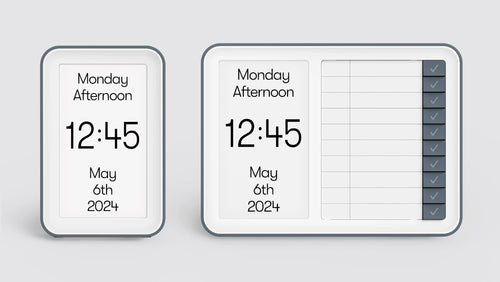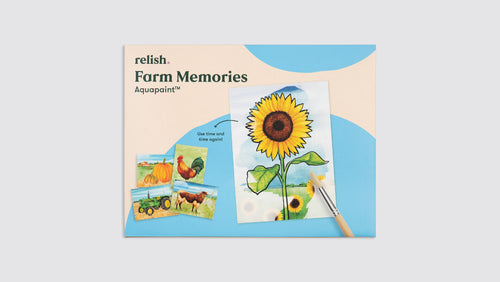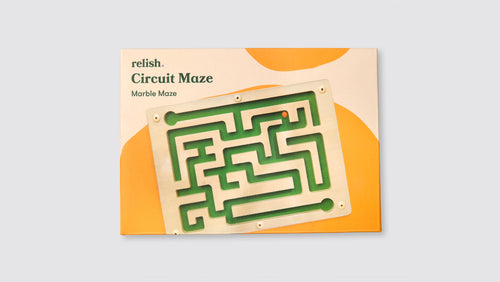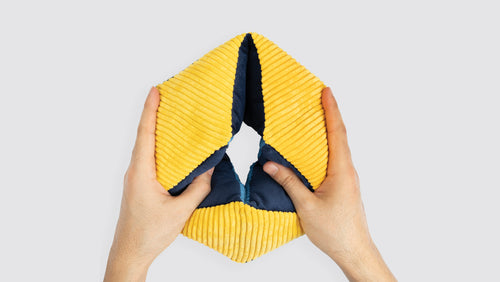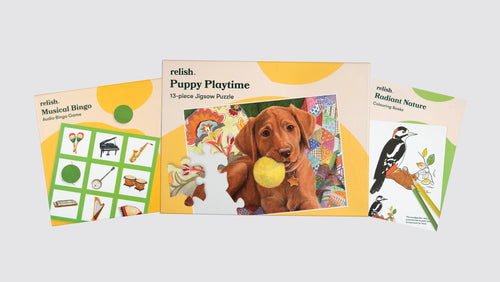The mental wellbeing of people with dementia is crucial to overall happiness and health, improving the quality of life for both those diagnosed and their family and carers. Yet wellbeing is often a second or third consideration when being diagnosed, with little advice or help given on where to find resources that can bring joy, leaving people at the risk of feeling lost and understandably insecure about the future.
Dementia wellbeing company, Relish, carried out a survey of its customers to find out the overall understanding of wellbeing. Indeed, 93% said that they want more information about how they can improve the wellbeing of those they care for, with only half able to find anything relevant or useful.
What’s important to Relish is for people to understand what are the different levers that lift wellbeing and how people can go about working on these in a way that is both achievable and fun. Having produced products that focus on improving the lives of those with dementia, they have identified 8 key levers, using a combination of experience from customers and other wellbeing models. Recognising that each individual has different needs, and that some of these levers will be more relevant than others, these levers are Identity, Independence, Learning, Joy, Relationships, Achievement, Calm, and Staying Active. The survey, which was completed by a mix of those with dementia, family and professional carers, suggests that these levers are overwhelmingly supported, with ‘Joy’ being the most important. “Dementia diagnosis is a harrowing experience, accompanied with a resounding and understandable feeling of negativity” says Ben Atkinson-Willes, CEO and founder of Relish, who started the company following his grandfather’s Alzheimer’s diagnosis. “Finding joy and positivity is something that is tricky, but brings so many benefits to quality of life.”
For Relish, even more is the importance of understanding which levers are right for each stage of dementia. For example, it is unsurprising that for latter stages independence, identity and learning are less important than finding calm, joy and spending time together. Relish use this data to develop products that help lift each lever, built to the needs and abilities of each stage, whether that be adult-centric puzzles, games, brain teasers, or even a radio created to be used by people with dementia.
However, a striking 15% of responders didn’t know what stage of dementia the person they care for had. “When buying something for someone with dementia, without knowing the stage it can be a real challenge to find what’s right” says Atkinson-Willes. “If you get a product that is too difficult, it can be frustrating and isolating. Too easy and it seems patronising and distressing.” To help users identify the stage of dementia Relish has a handy questionnaire on their website that will help users navigate and find appropriate products and activities for any individual.
